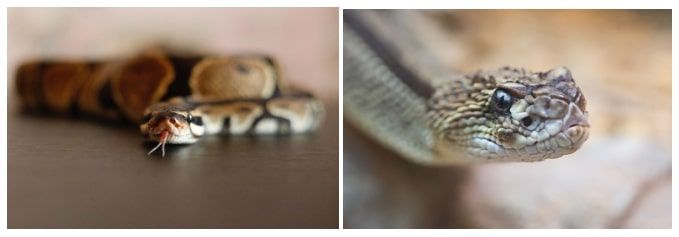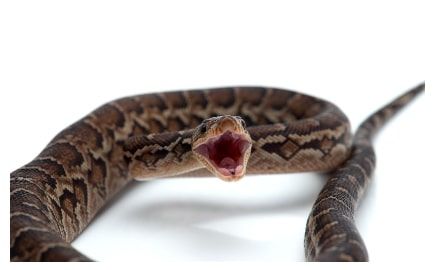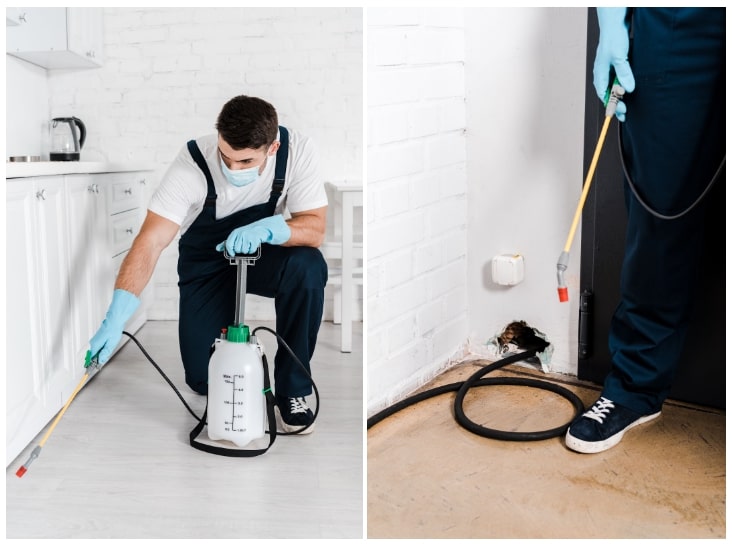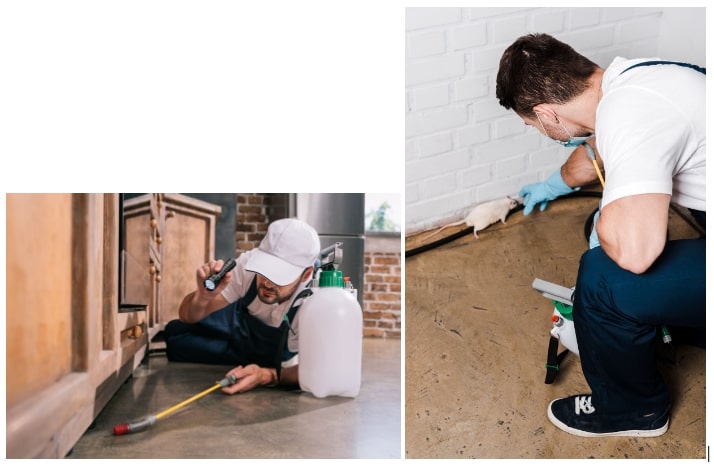“Explore safe snake removal techniques with Chennai’s snake experts. Get essential handling tips to keep your home snake-free.”

Types of Snakes in Chennai and Their Dangers
Chennai, located in southern India, is home to a variety of snake species, which can be broadly categorized into non-venomous and venomous snakes. Among the non-venomous snakes, the Indian rat snake (Ptyas mucosa) is quite common in urban areas, feeding on rodents, frogs, and small birds without posing any harm to humans. The common sand boa (Eryx conicus), typically found in dry, sandy regions, preys on small mammals and lizards. Another non-venomous species, the common trinket snake (Coelognathus helena), inhabits forests and rural areas, primarily feeding on rodents and birds.
On the more dangerous side, Chennai is home to several venomous snakes. The Indian cobra (Naja naja), recognizable by its hood, is highly venomous and found in both urban and rural areas. Its venom can cause paralysis and respiratory failure if not treated promptly. Russell’s viper (Daboia russelii), one of India’s most dangerous snakes, inhabits fields and open areas, with venom that can lead to severe bleeding, kidney failure, and death. The common krait (Bungarus caeruleus), which is mostly nocturnal and found in rural areas, has venom that can cause muscle paralysis and respiratory failure. Finally, the saw-scaled viper (Echis carinatus), though small, is highly venomous and found in arid regions, with venom that can cause severe pain, swelling, and bleeding.

The presence of these dangerous snakes in Chennai has significant implications. The Indian cobra’s neurotoxic venom can lead to severe health issues, including paralysis and respiratory failure, requiring immediate medical attention and antivenom. Russell’s viper, with its hemotoxic venom, causes internal bleeding, pain, and potential kidney failure, posing a high risk to farmers who frequently encounter these snakes in agricultural fields. The common krait’s neurotoxic venom leads to muscle paralysis and respiratory issues, often causing bites at night while people sleep, making timely medical intervention crucial. The aggressive saw-scaled viper’s venom results in severe pain, swelling, and internal bleeding, making it particularly dangerous due to its tendency to bite more frequently.
How Professionals Handle Snakes in Chennai
Professional snake handlers in Chennai follow a careful and safe process to remove snakes from homes and buildings. First, they inspect the property to find where the snakes are hiding and how they got in. They identify whether the snake is dangerous or not. They wear protective clothing and use special tools like hooks and tongs to capture the snake safely without harming it. The captured snake is placed in a secure container to prevent it from escaping during transport.

The snake is then relocated to a safe area away from people. Handlers follow local laws to ensure the snake is released in a suitable environment. They also seal any entry points in the property to prevent future snake entries and give advice on keeping the area clean and clutter-free to avoid attracting snakes.
Professionals educate residents on how to identify snakes and what to do if they encounter one. They provide first aid tips for snake bites and stress the importance of getting medical help quickly. Follow-up visits may be conducted to ensure the property remains snake-free, and they offer ongoing support and advice to keep the area safe.

By using these methods, professional snake handlers in Chennai protect both people and snakes, making sure everyone stays safe.
